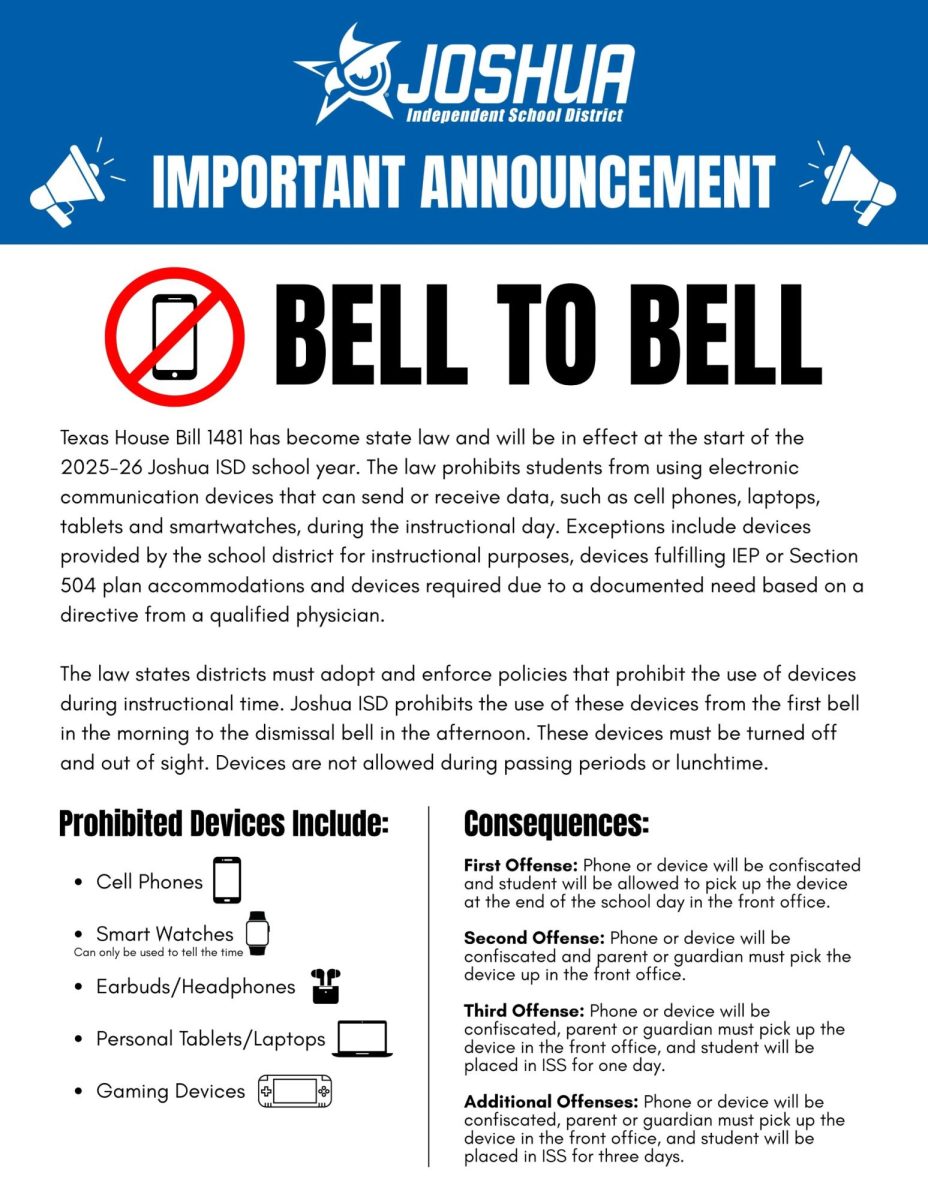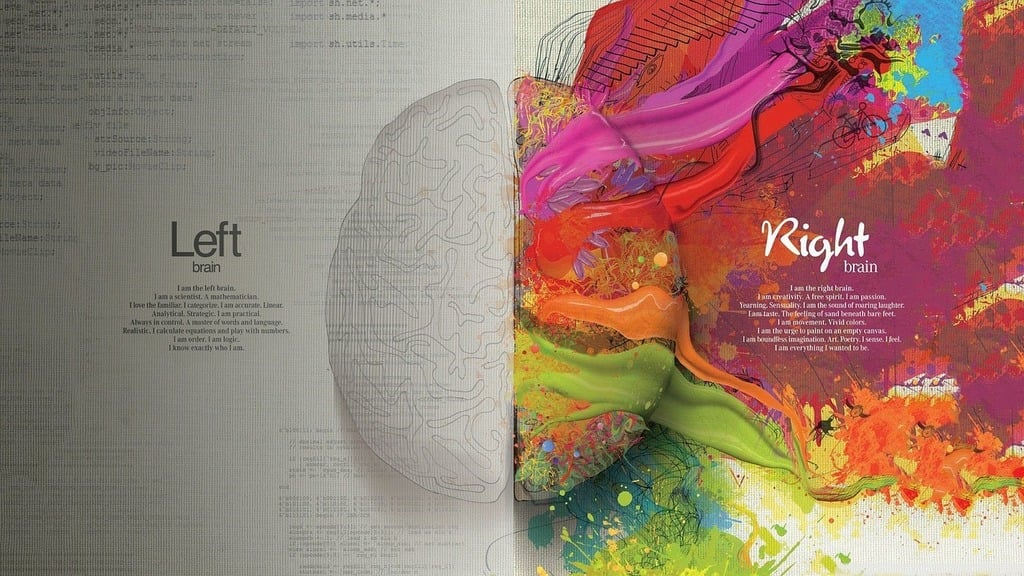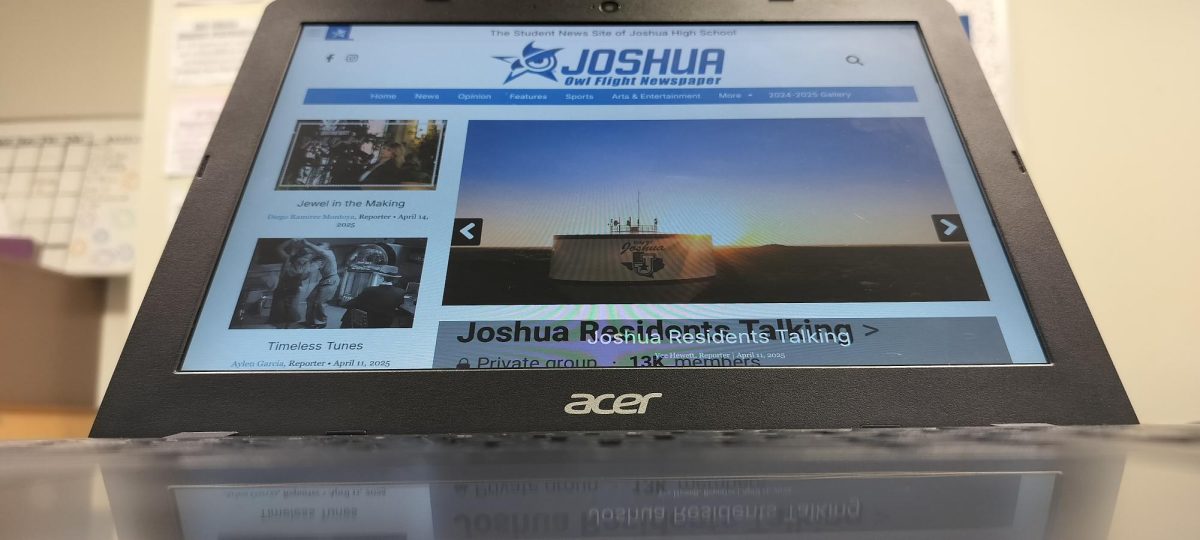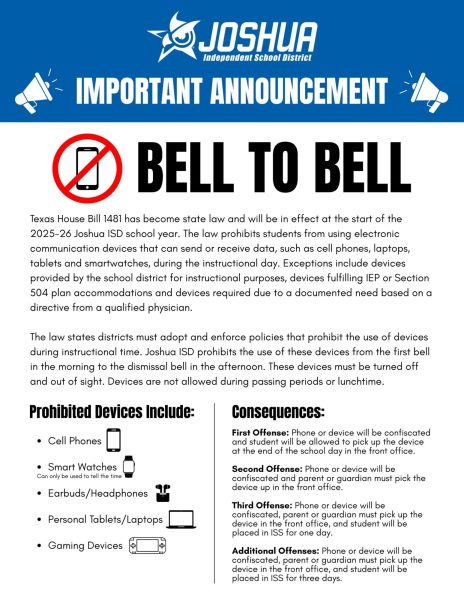Test for Success
Making Sense of Differences Between SAT, ACT

Students are in for a busy semester. Testing season is coming up, ranging from AP tests to STAAR tests. Along with these tests, are other important exams for juniors, and possibly some seniors: the SAT and ACT.
SAT (Reading, 65 min.; English, 35 min.; Math, Non-Calculator, 25 min.; Math, Calculator, 55 min.; Writing – Optional, 50 min.)
The SAT (Scholastic Aptitude Test) will be administered through the school to juniors on Mar. 2, free of charge. All juniors are automatically registered. It will take three hours to complete and scores should be out 13 days after the test is administered. Scores will be sent out to colleges on the student’s CollegeBoard list, 10 days after the student receives their score.
A lot of students go into testing without fully knowing what the SAT is. The SAT measures a student’s proficiency in a range of subjects. It’s scored on a scale of 400-1600 and can qualify students for merit scholarships. Many students took the PSAT in the fall of 2021 to prepare for the SAT, but practice tests online are another way to study. Students can also pay for SAT prep classes.
Another important question on students’ minds is how the SAT will benefit them. While some colleges no longer require an SAT score with an application, others ask for at least one standardized test score (SAT or ACT). The SAT helps college advisor’s with a student’s course placement because it is an aptitude test. The SAT is especially useful to those interested in pursuing higher education at a university or college.
ACT (Reading, 35 min.; English, 45 min.; Math, 60 min.; Science, 35 min.; Writing – Optional, 40 min.)
The ACT (American College Testing) will not be administered through the school, nor will it be free. Students can register for the April 2 test on the MyACT website. The registration deadline is Feb. 25, but students can register up until Mar. 11 if they are willing to pay the late registration fee. There are two options when paying for the ACT: registration will be $60 if the student chooses the test without the writing section, and $85 if the student chooses the test with the writing section. If the student registers late there is an additional $36 fee. Test results for the multiple choice will be released Apr. 2, and the test results for the full test (including the writing section) will be released Apr. 26. Students can test at Cleburne or Burleson.
Students should know the benefits of taking the ACT and that there are more options out there than just the SAT. The ACT is another aptitude test that helps you determine your strengths in different subjects. A key difference is that there is a science portion on the ACT. The science portion can be beneficial to students who succeed more in science than other subjects. Because the ACT is tested in another format, taking the test could lead to higher scores for some students. Another thing that sets the ACT apart from the SAT is the scoring; scores range from 1-36. Some colleges even offer guaranteed scholarships based on a student’s ACT score.
It is recommended to take the ACT at least once in a student’s junior year. This helps the student determine if they prefer the SAT or the ACT. Students can also take each test more than once, and colleges will take the higher score of each test. If the student can determine which tests they prefer, it is recommended they take it again early their senior year.
Your donation will support the student journalists of Joshua High School. Your contribution will allow us to purchase equipment and cover our annual website hosting costs.

Hey, my name is Khloe Rockwell and I'm a reporter for the Joshua High School Newspaper. I love interviewing the staff and student body to hear your unique...






























